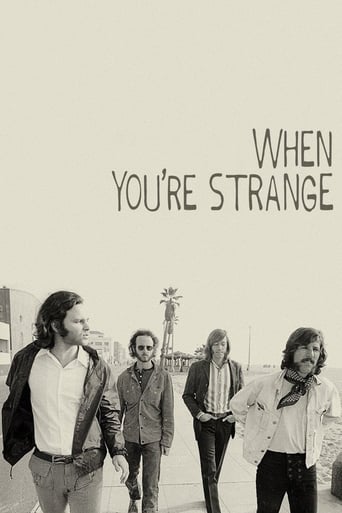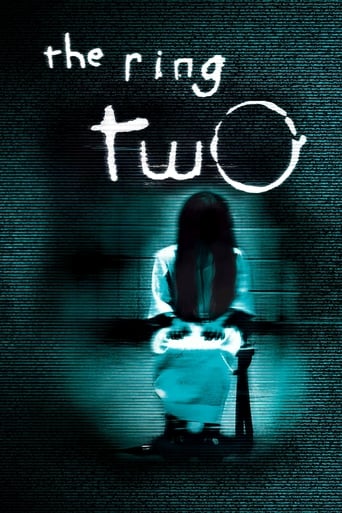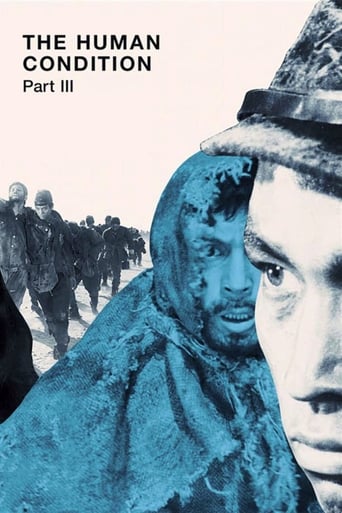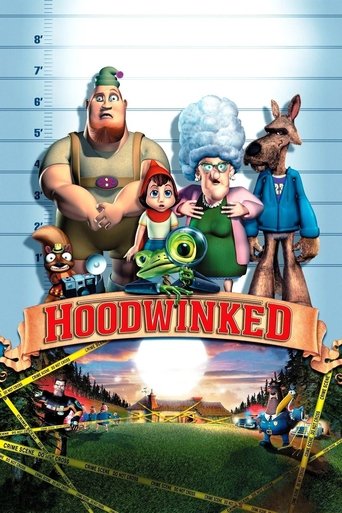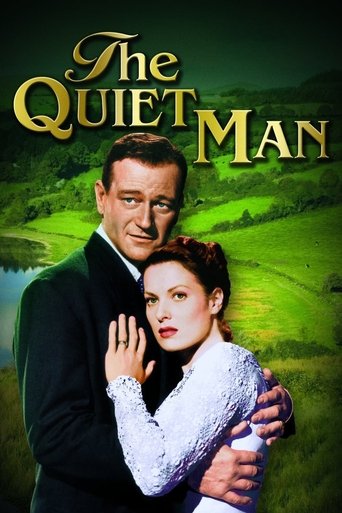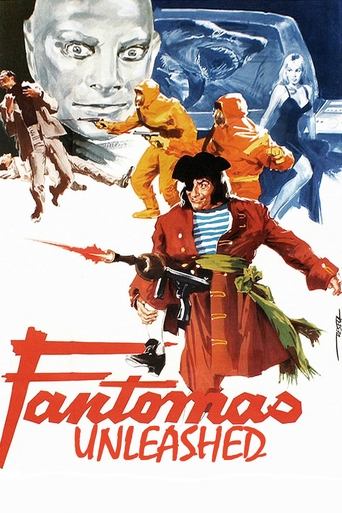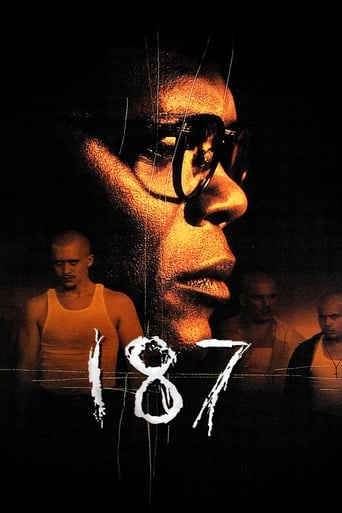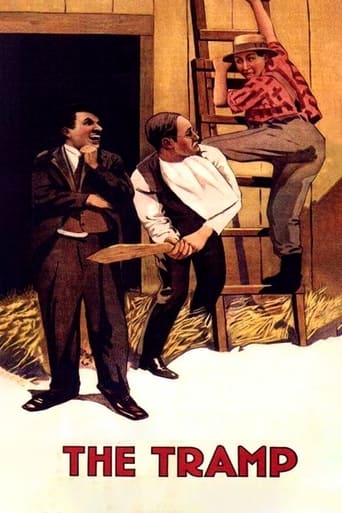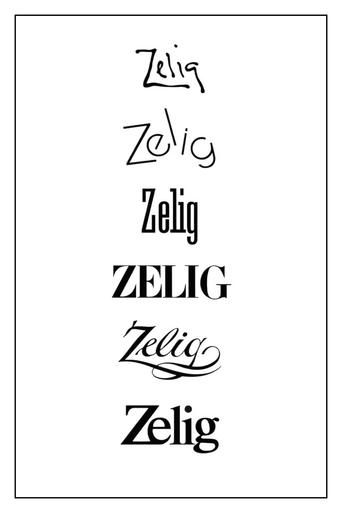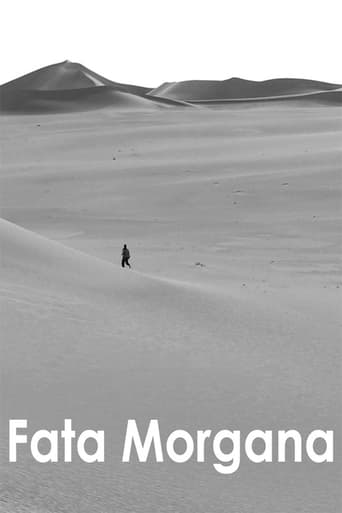
Following Bellavista and Totó, Peter Schreiner completes his informal trilogy of epic, black-and-white digital-video essay-films with the utterly monumental Fata Morgana. Shot in the Libyan desert and in an abandoned building in Lausitz, Germany, it features a man (Christian Schmidt), a woman (Giuliana Pachner, from Bellavista) - and, glimpsed now and again, a guide (Awad Elkish.) They talk, they fall silent. Winds blow. The sun shines. The camera runs. What gradually takes shape is nothing less than a painstakingly concentrated attempt to understand the human condition through the lens of cinema. A lofty ambition, and one that demands a considerable leap of faith on the part of the audience: this film is sedate, "difficult", challenging, often apparently impenetrable. But anyone who has seen Schreiner's previous films will be aware that he is by any standards a major artist, one that can be trusted to find places that other directors may not even suspect exist.
| Title | Fata Morgana |
|---|---|
| Year | 2013 |
| Genre | Documentary |
| Country | Austria |
| Studio | Peter Schreiner Filmproduktion (echt.zeit.film) |
| Cast | Giuliana Pachner, Christian Schmidt, Awad Elkish |
| Crew | Peter Schreiner (Director), Peter Schreiner (Cinematography), Peter Schreiner (Editor), Peter Schreiner (Idea), Johannes Schmelzer-Ziringer (Music), Leo Schreiner (Sound Recordist) |
| Keyword | essay film |
| Release | Jul 10, 2013 |
| Runtime | 140 minutes |
| Quality | HD |
| IMDb | 5.00 / 10 by 3 users |
| Popularity | 0 |
| Budget | 0 |
| Revenue | 0 |
| Language | Deutsch |
 DocAlliance Films 4K
DocAlliance Films 4K HD
HD HD
HD HD
HD